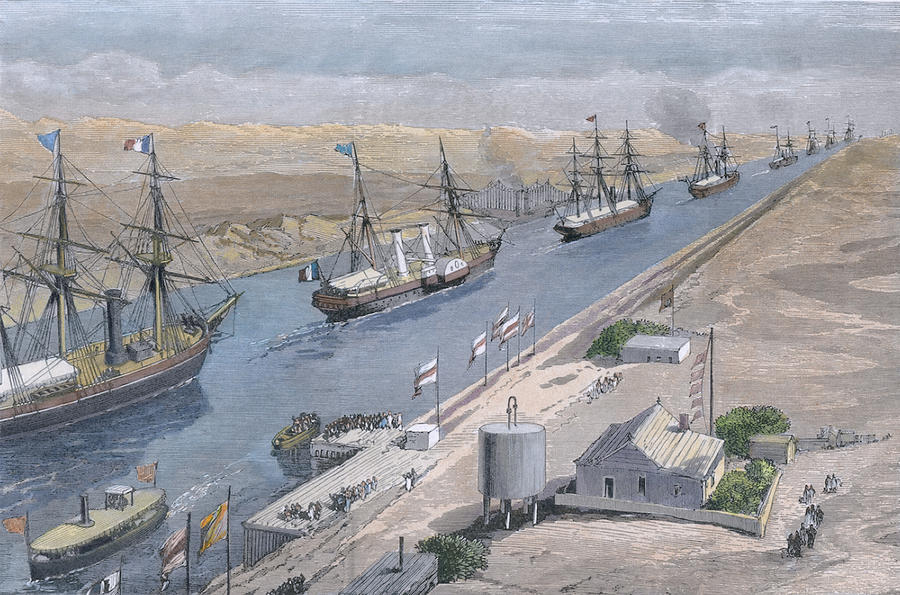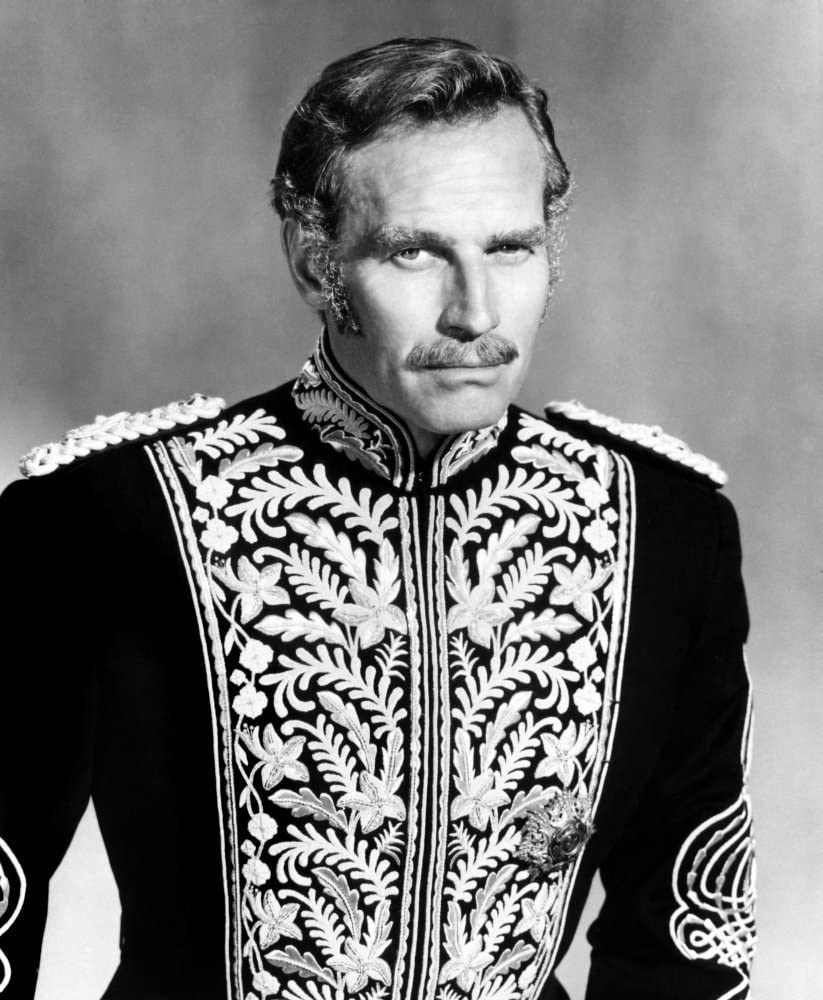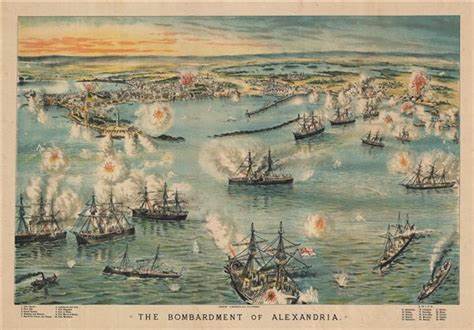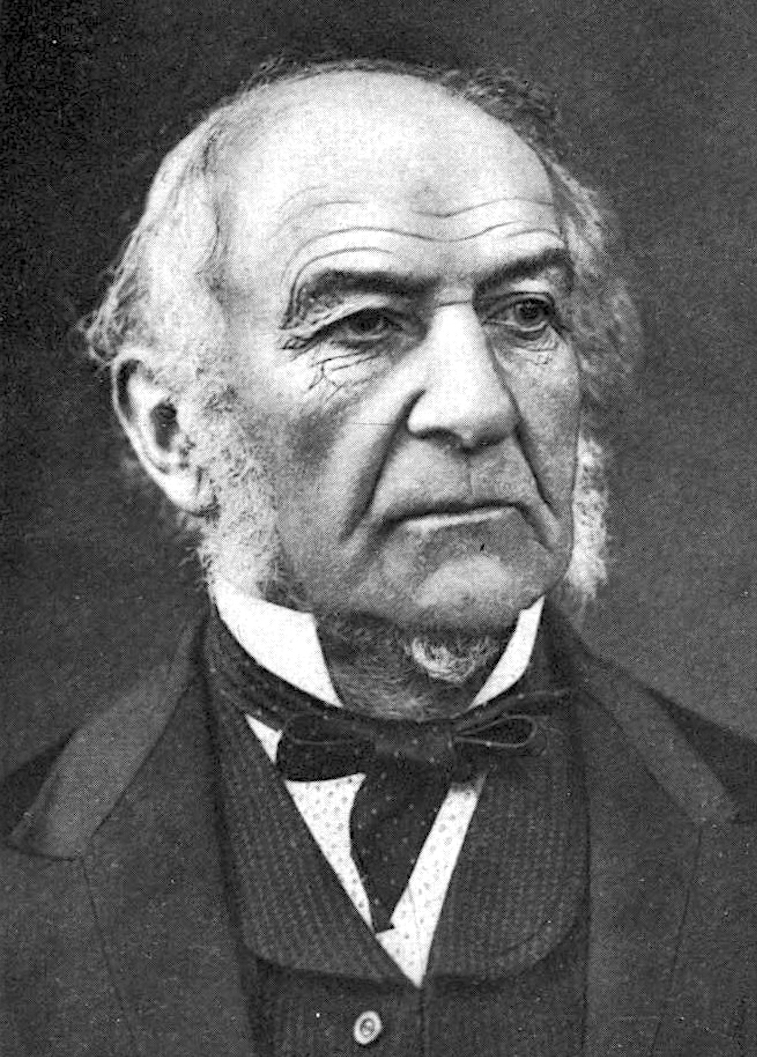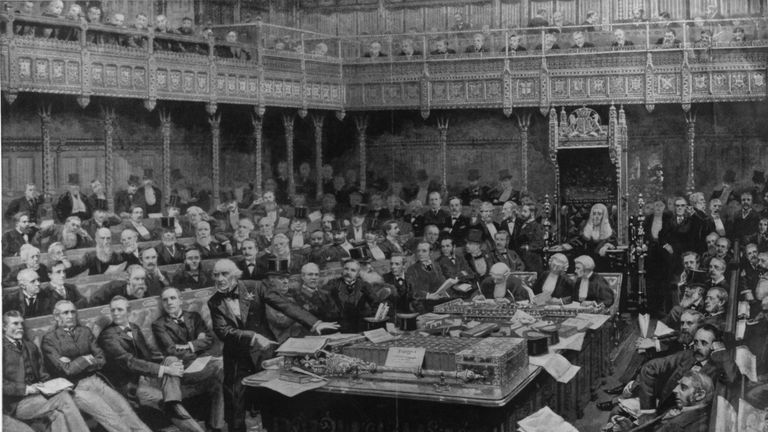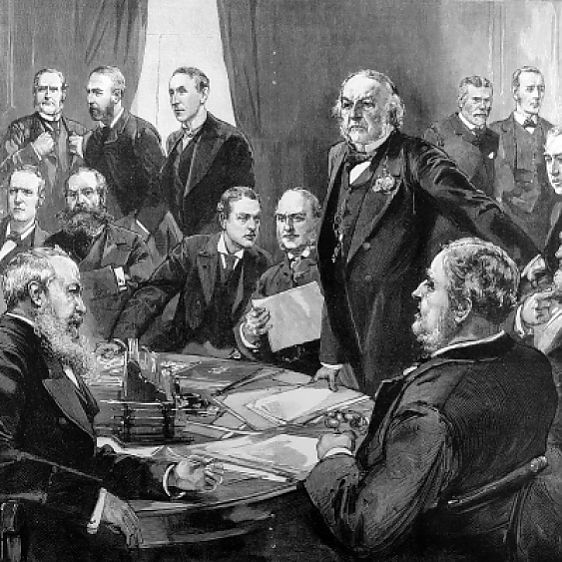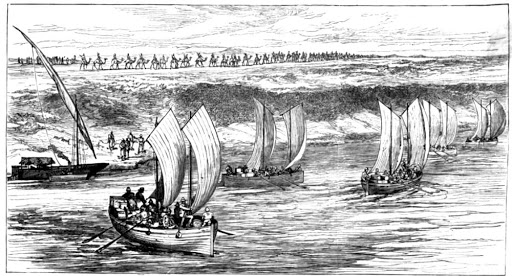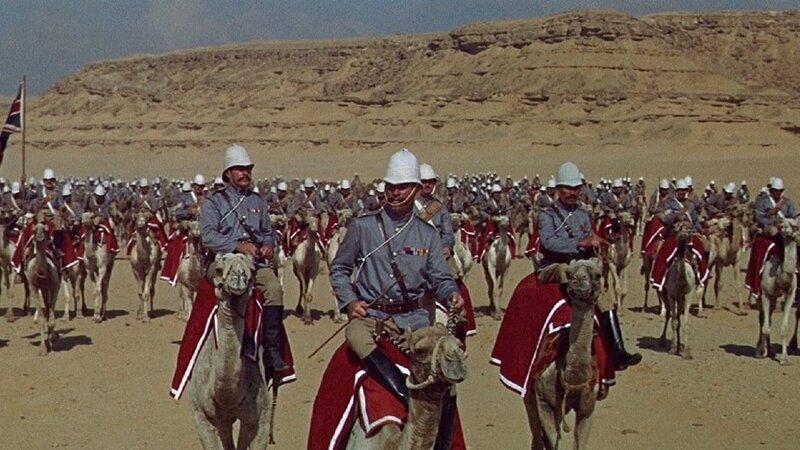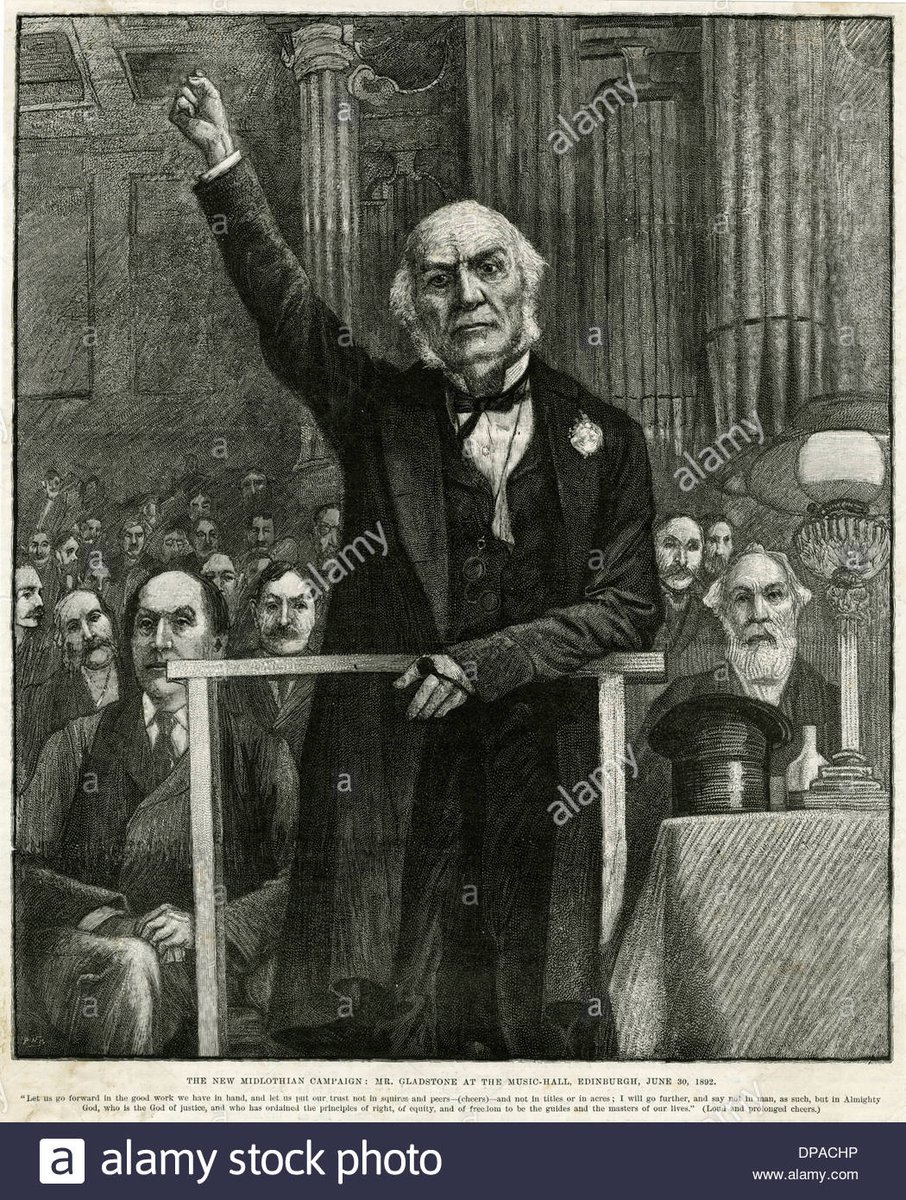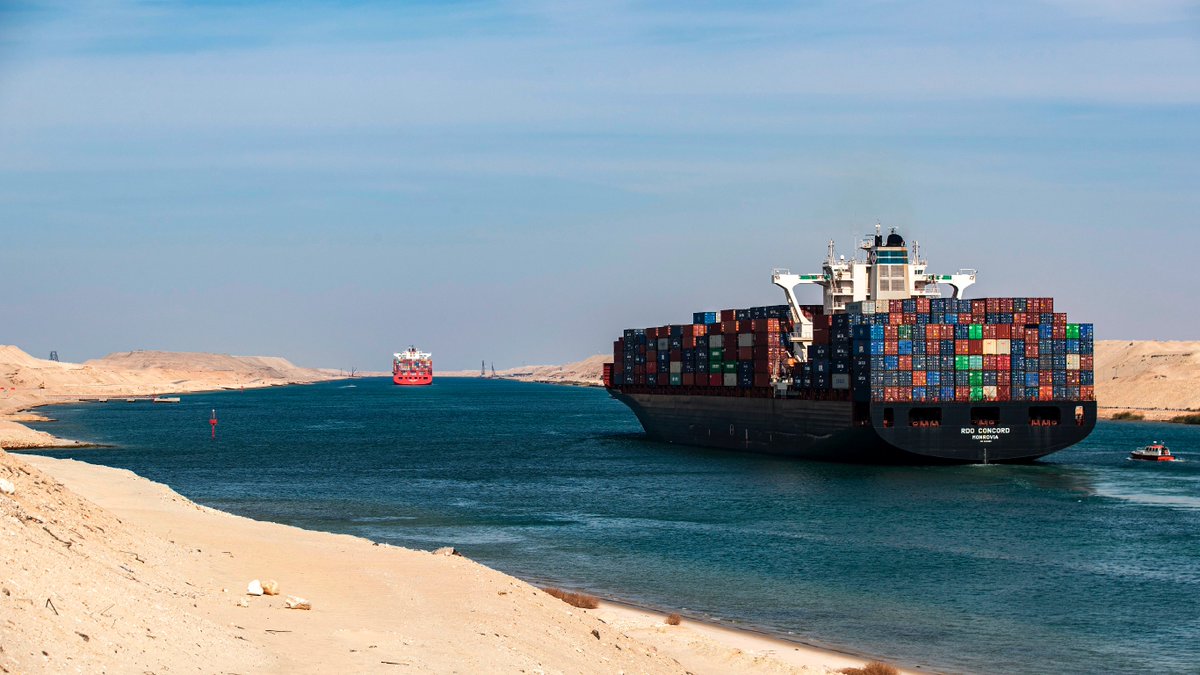So... incoming Military History thread warning.
WAS KHARTOUM A FAILURE! (no). You decide (it wasn& #39;t).
I appreciate there are many deeper issues here, but this is Twitter and there isn& #39;t the time to cover them.
Starring Charlton Heston & Alexander Siddig!
Thread commences...
WAS KHARTOUM A FAILURE! (no). You decide (it wasn& #39;t).
I appreciate there are many deeper issues here, but this is Twitter and there isn& #39;t the time to cover them.
Starring Charlton Heston & Alexander Siddig!
Thread commences...
This is a thread about what people say, vs what they mean. Understanding the difference is critical to understanding a lot about modern warfare, what ‘success is’ and how we frame it. The Relief of Khartoum is a case in point (1/20)
In prev threads (link), we learned I’m a Wolseley fan. This isn’t just about battles where he has ample competition, but geopolitics & GSD (getting shit done) where he has few peers. And he got Khartoum done. “But that was a failure!” you cry. Think again (2/20)
First, we need to grasp some basic dates: 1869, Ferdinand de Lesseps Suez Canal opens to shipping, revolutionising global trade & cutting freight carriage down from months to weeks. From now on, the UK’s strategic interest in NE was simple: Money (3/20)
1877, Charles George Gordon (played here by Charlton Heston) is appointed Governor General of Sudan by the Khedive of Egypt, where his work in containing unrest and abolishing slavery even made him popular with the Sudanese people and their government (4/20)
1881, Muhammad Ahmad bin Abd Allah (The ‘Mahdi’, played here by one his descendants, our very own Trek star Alexander Siddig!) was proclaimed leader of the Samaniyaa order, & promptly announced a Mahdiyya (Caliphate), & musters an army (5/20)
1882, Anglo-Egyptian wars kick off – basically European states end up buried neck-deep in the Ottoman Empire’s affairs, but this is a thread for another day (6/20)
1883, Col William Hicks, who works for the Khedive (HMG told Egypt to go away when they asked for military help) leads an Egyptian army to stop the Mahdi’s advance into Egypt’s Sudanese territory. Hicks’ force is wiped out (7/20)
1883-4, Gladstone’s puts his foot down on a policy of non-intervention in Sudan. Gladstone be: “Is Suez at risk”, Egypt be: “Not really, but…”, and Gladstone be: “Then no”. Gordon rages against this logical decision in an interview with the Pall Mall Gazette (8/20)
There is public uproar. Parliament & Cabinet reject Gladstone’s (sound) strategic logic, demanding Something (unspecified) be Done. Gladstone’s compromise: send Gordon to Khartoum on a limited remit to evacuate Khartoum. Public & Cabinet happy. War avoided. Job done (9/20)
1884-5, Gordon exceeds his remit & stays put, using public pressure and poorly-worded instructions from London to try and force London to send a military force to Sudan. But he’s forgotten Geopolitics 101: it’s always about the money (10/20)
London is adamant is has no interest in Sudan, it’s only in Egypt at all because Suez (money). A back and forth commences, while public pressure grows, again, that Something Must Be Done to Rescue Dear (manipulative) Gordon (11/20)
Time is running out. The Mahdi advances on Khartoum and Gordon is in trouble (his own fault). Garnet appeals to Gladstone to rescue his old friend. But the Cabinet & Public are in uproar. London has to be Seen to Be Doing Something (12/20)
The go-ahead is given and William Francis Butler pulls Nile Boats out of his hat, and Wolseley musters his army. But it’s already too late given the distance to be covered. London knows this really, so why did it go? (13/20)
The strategic goal of the Relief of Khartoum was never about relieving Khartoum. Its goal was to shut the public up. It was a conflict London did not want to get involved in, did not want to waste resources on, & had little strategic interest in (‘not worth the camels’) (14/20)
London’s nuance is telling: Wolseley was asked to ‘mount an expedition for ‘the relief of Khartoum. That is not the same thing as being asked to ‘relieve’ Khartoum. And in the former he achieved the strategic objective to the letter (15/20)
Every detail of the Relief is a logistical masterpiece, from the rapid and (competitive) procurement of the transport boats to the technologically groundbreaking navigation of the Nile Cataracts (it was said it could not be done) & rapid training of inexperienced troops (16/20)
London’s decision was left so late, it was likely-to-certain they would be too late. Gordon didn’t make it. Oh dear, what a shame, we tried, shrugged the government. Sir Garnet, waiting for instructions to carry on the war, is instead recalled (17/20)
The government isn’t interested in revenge or war. Suez isn’t under threat. The strategic goal of shutting the public up was a success. There follows much wailing & hand-wringing over dear Gordon, but…
Gladstone is re-elected
Job done (18/20)
Gladstone is re-elected
Job done (18/20)
The strategic lessons for modern warfare, boys & girls, is to understand the difference between the STATED goal, & what a conflict is ACTUALLY trying to achieve. WHY are they there. First follow the money. If there’s no money, follow the politics (19/20)

 Read on Twitter
Read on Twitter
